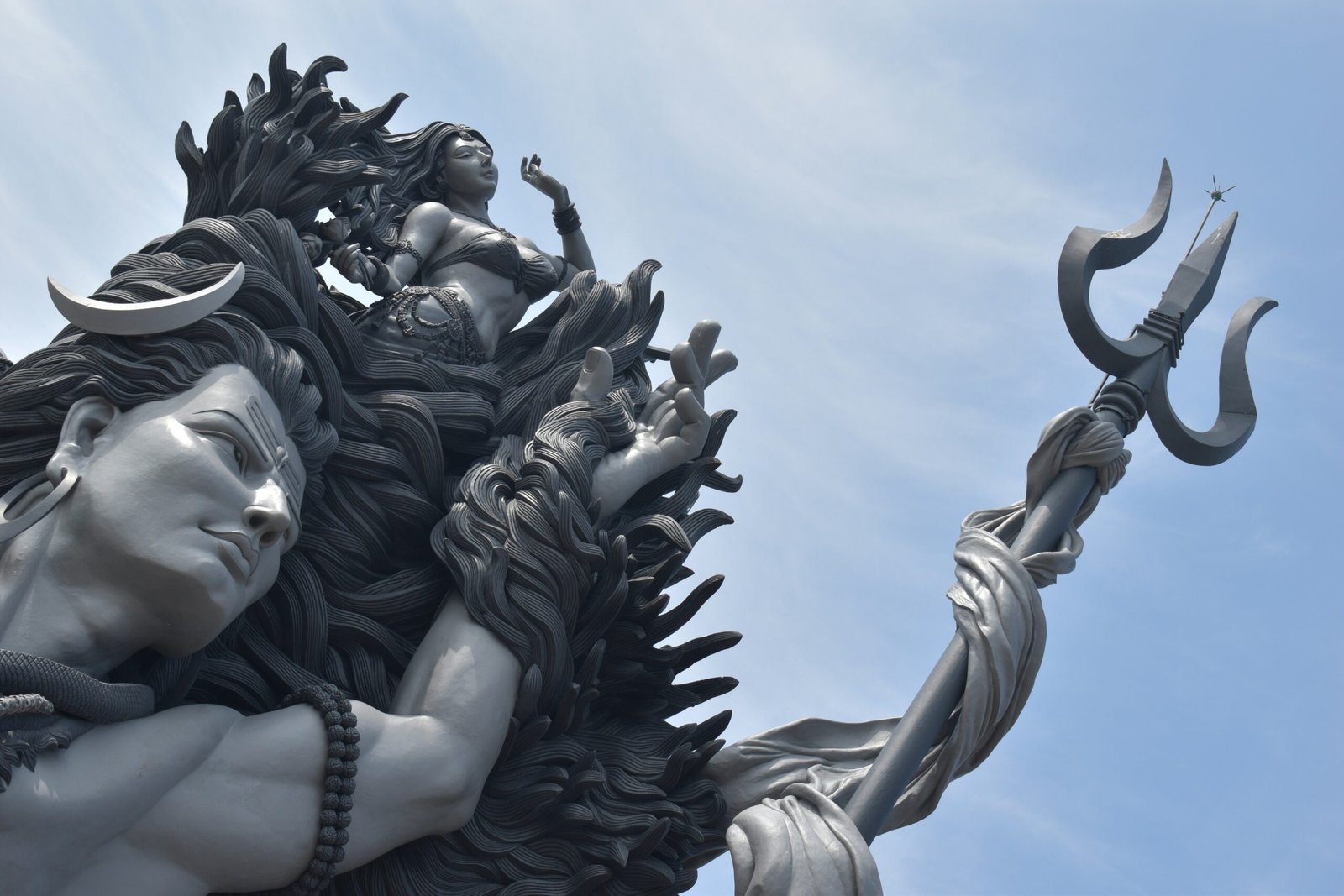Historical Significance and Architecture of Mahakal Temple
The Mahakal Temple, an epitome of spiritual reverence, bears a rich historical legacy that traces back to ancient times. As a significant monument in Hindu mythology and Indian culture, the temple is dedicated to Lord Shiva, revered here as Mahakal. The origins of the temple date back several millennia, making it one of the oldest and most venerated shrines in India.
According to historical accounts and religious texts, the Mahakal Temple has been a prominent site of worship for centuries. Its significance is deeply intertwined with various legends and stories, often recounted in scriptures and folklore. One such legend speaks of the temple’s miraculous establishment by a devotee whose fervent prayers were answered by Lord Shiva himself. This divine intervention is said to have bestowed the temple with its sacred aura, attracting pilgrims from far and wide.
The architectural marvel of the Mahakal Temple is a testament to the intricate craftsmanship of ancient Indian artisans. The temple’s structure is adorned with elaborate carvings and sculptures that depict various deities and mythological scenes. These artistic embellishments are not just decorative but also serve as a medium to convey spiritual narratives and cultural heritage. The use of locally sourced materials, such as stone and marble, adds to the temple’s grandeur and resilience.
Over the centuries, the Mahakal Temple has undergone several renovations and restorations, each aimed at preserving its sanctity and splendor. Historical records indicate that various dynasties and rulers contributed to the temple’s upkeep, ensuring that it remained a beacon of spiritual guidance and architectural excellence. Notable renovations include the intricate gilding of the temple’s dome and the reinforcement of its foundational structures to withstand the test of time.
Among the most captivating aspects of the Mahakal Temple are the legends associated with its deities, particularly Lord Shiva. Known for his role as the destroyer and transformer within the Hindu trinity, Shiva as Mahakal embodies the cyclical nature of existence. The temple thus serves not only as a place of worship but also as a profound symbol of the eternal cosmic cycle, attracting devotees who seek spiritual enlightenment and solace.
Rituals, Festivals, and Pilgrimage Experience at Mahakal Temple
The Mahakal Temple, an epitome of spiritual significance, offers a rich tapestry of rituals and festivals that attract devotees from all corners. One of the most iconic daily rituals is the ‘Bhasma Aarti,’ a unique ceremony where the deity is adorned with sacred ash. Conducted at the break of dawn, this ritual holds profound spiritual meaning and symbolizes the cycle of creation and dissolution. The priests, in their traditional attire, perform a series of intricate rites, chanting ancient mantras that resonate through the sanctum, creating an atmosphere of divine energy.
Throughout the year, the temple is a focal point of numerous festivals, each celebrated with immense fervor and devotion. Mahashivratri, the grand night of Shiva, is one of the most significant festivals at Mahakal Temple. Devotees observe fasts, participate in special pujas, and engage in night-long vigils, seeking blessings and spiritual awakening. Another major festival is Navratri, a nine-night celebration dedicated to the divine feminine. The temple is adorned with vibrant decorations, and various cultural programs are held, creating a festive and devotional ambiance.
Kartik Purnima, celebrated on the full moon night of the Hindu month of Kartik, is another important festival. Devotees light lamps and offer prayers, marking the occasion with a sense of reverence and joy. These festivals, along with various other ceremonies, encapsulate the temple’s vibrant spiritual life, offering a unique experience to all who visit.
For pilgrims planning their visit, the temple’s best times include early mornings and festival days, when the spiritual energy is most palpable. The temple remains open from early morning till late evening, allowing ample time for devotees to engage in rituals and seek blessings. It is advisable to check the temple’s official website or local sources for specific guidelines on participating in rituals, as certain ceremonies like the ‘Bhasma Aarti’ require prior registration.
Personal anecdotes from pilgrims often highlight the transformative experience of visiting Mahakal Temple. Many recount a profound sense of peace and divine connection, underscoring the temple’s role as a powerful spiritual beacon. The vibrant rituals, the devoted community, and the temple’s serene ambiance collectively offer a deep sense of devotion and spiritual fulfillment.

